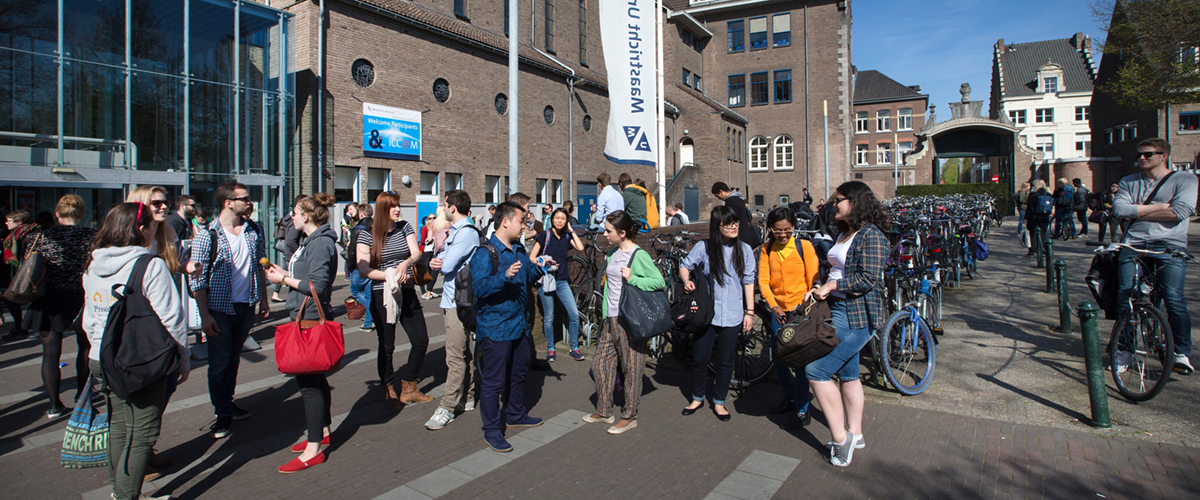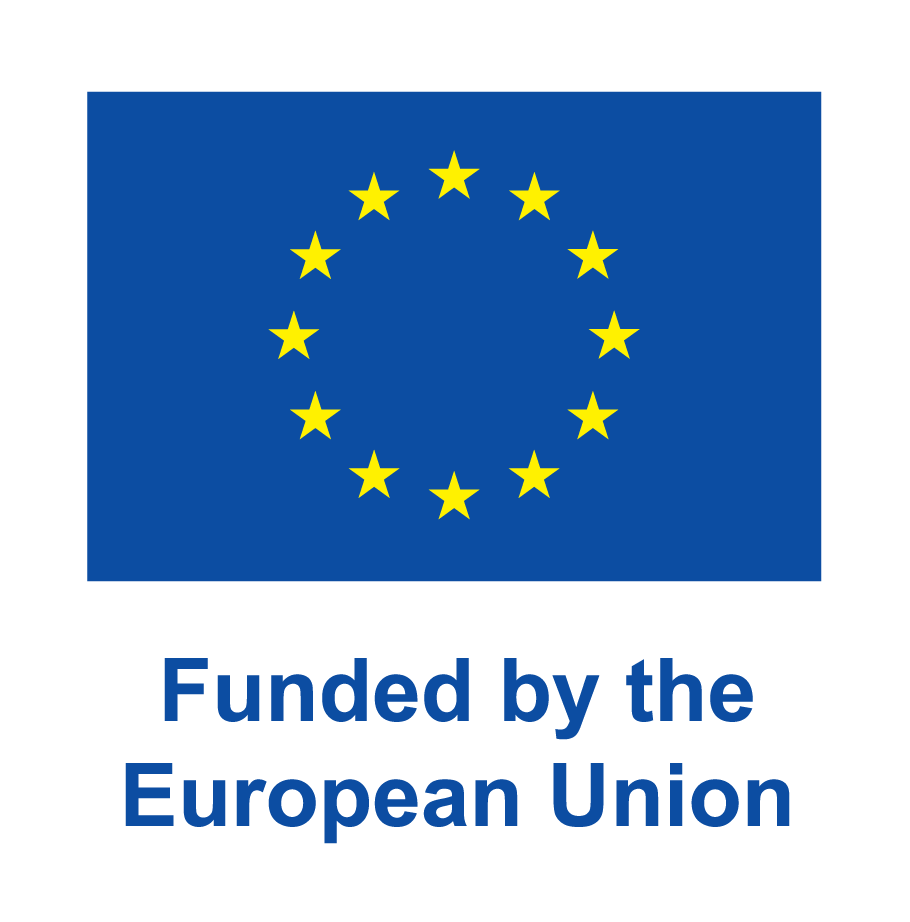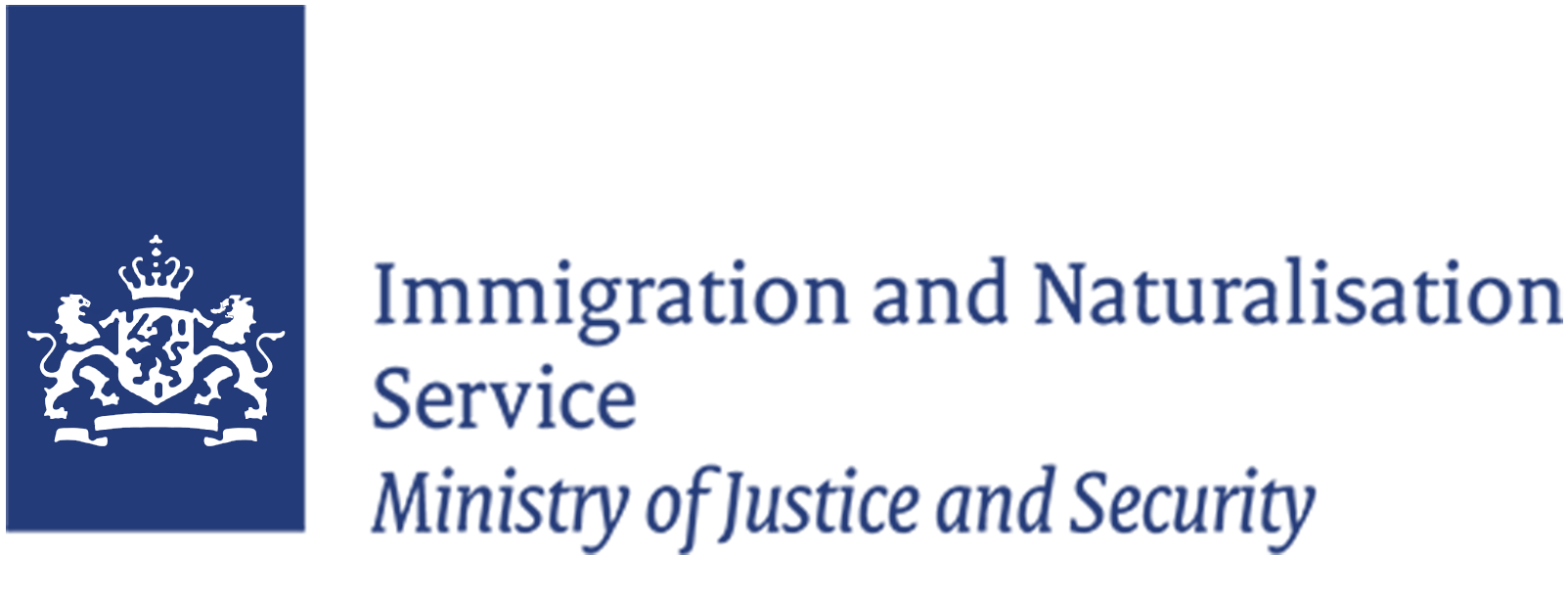Migrants who come to an EU country to study receive a specific residence permit for that purpose. Sometimes this is misused for other residence purposes. Member States have various measures in place prior to and during a migrant's stay to combat this.
Residence right for study in EU countries sometimes misused
Misuse can vary from minor offences, such as unintentionally making a mistake in the procedure, to deliberate fraud. It can be difficult for authorities to recognize the difference; there is a gray area. To counter misuse, many Member States give priority to pre-arrival checks on migrants (AT, BE, CZ, DE, EL, ES, FI, LV, PT, SE, SK). Other Member States give the same degree of attention to pre-arrival control as during their stay in a Member State. The Netherlands primarily combats misuse during their stay.
Prior to arrival in an EU Member State
Most Member States (AT, BE, CY, CZ, EE, EL,FI, FR, HR, HU, LU, LV, MT, NL, PL, PT, SE, SI, SK) sometimes found evidence, or indications thereof, that a migrant from outside the European Economic Area* would use the right of residence for study for another purpose. To prevent this, Member States reported the following good practices:
- cooperation between all relevant stakeholders
- communication between higher education institutions and authorities
- placing more responsibility with higher education institutions; for example, institutions were given training to increase their knowledge of legislation and measures to prevent misuse (AT, CZ, DE, EE, HU, LV, NL, PL, PT, SE, SK)
In the Netherlands, there are limited signs of misuse.
During the stay in an EU Member State
Also after arrival in a Member State, the post-arrival phase, it may occur that a migrant uses a right of residence for study for another purpose, such as work or self-employment (AT, BE, CY, CZ, DE, EE, FI, FR, HU, LU, MT, NL, PL, PT, SE). Document fraud occurs in some Member States. In Poland and Estonia one or more (private) educational institutions were set up, or designed, solely for the purpose of granting a right of residence to migrants for purposes other than study.
To check whether non-EU/EEA migrants continue to meet the conditions of the right of residence for study, Member States have several measures in place, such as a new assessment of the right of residence when the residence permit is renewed (AT, BE, CY, CZ, EL, FR, IE, FI, LV, LT, LU, PL, PT, SE, SI, SK). In the Netherlands there is less emphasis on this because the residence permit applies for a maximum of 5 years. In addition, Member States including the Netherlands (CY, CZ, EE, HR, LT, NL, PL, PT, SE, SK) require higher education institutions to provide relevant information to the authorities.
The Netherlands: primarily combating misuse during residence
The Netherlands works with a system of recognised sponsors. This concerns higher education institutions which are designated as recognised sponsors after an inspection by the Immigration and Naturalisation Service (IND), and which are therefore given certain responsibilities in the handling of the residence application of students. In the Netherlands, it is thus the higher education institutions that check in advance whether a student meets the admission requirements. Dutch governmental organisations can therefore devote more time to combating misuse during the stay.
Publication
- Read the EMN Inform: 'Study: Misuse of student residence permit for other purposes'.
*EEA: all EU Member States plus Liechtenstein, Norway, and Iceland



